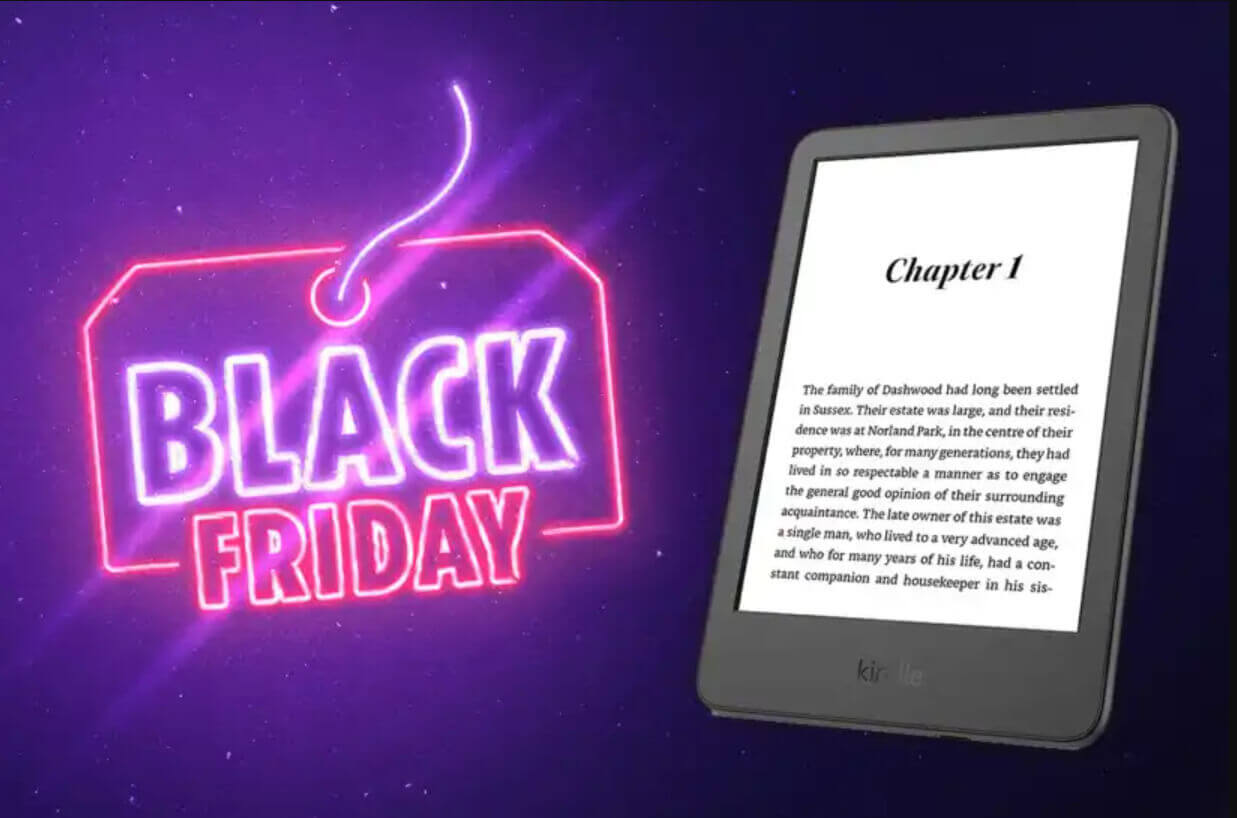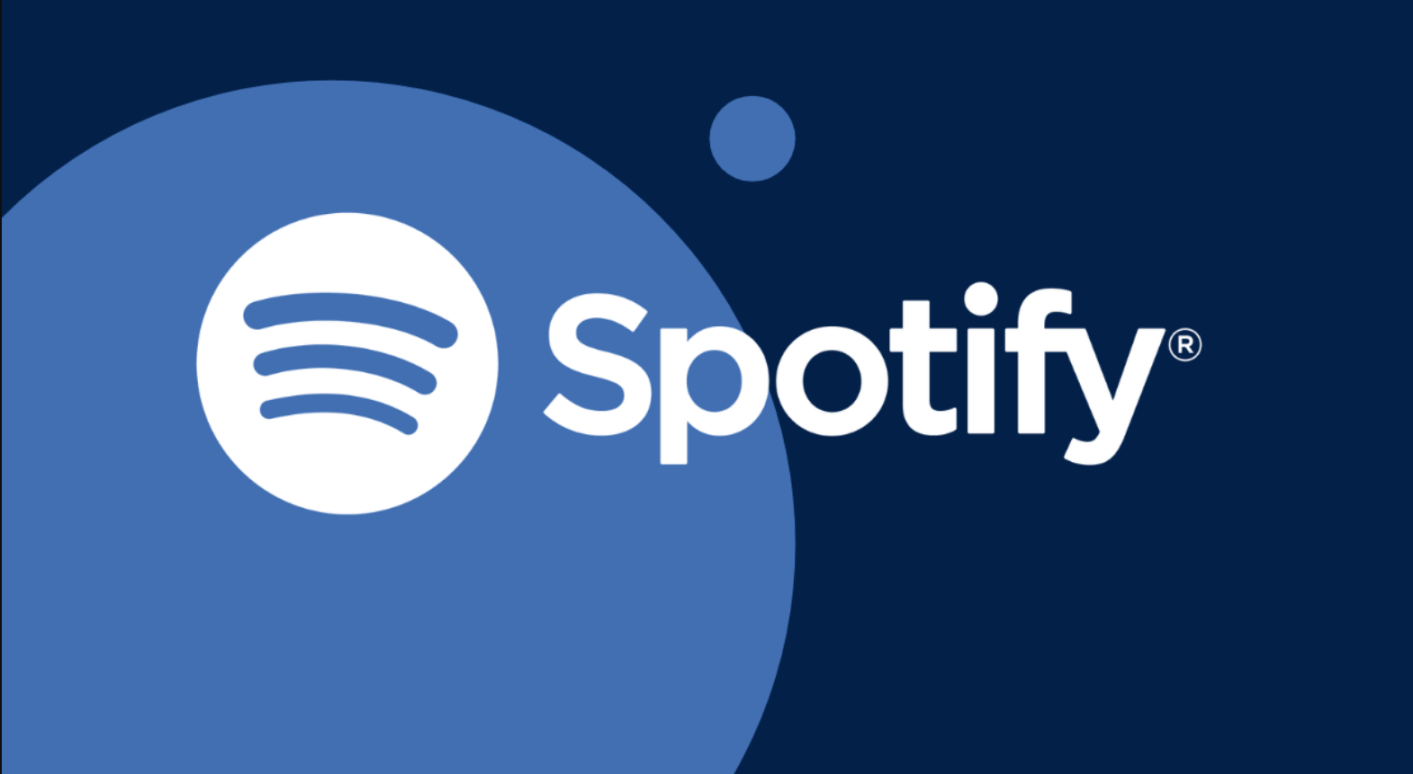In a recent revelation during the Epic v. Google trial, it has come to light that music streaming giant Spotify has forged a distinctive and seemingly favorable deal with Google for Android-based payments. Google’s head of global partnerships, Don Harrison, testified that Spotify managed to secure a remarkable 0 percent commission when users opted for subscriptions through Spotify’s own payment system. However, if users chose Google as their payment processor, Spotify agreed to a modest 4 percent commission—significantly lower than Google’s standard 15 percent fee.
Interestingly, the specifics of this arrangement were initially kept private by Google during the antitrust dispute with Epic. Google argued that disclosing these numbers could impact negotiations with other app developers seeking more favorable rates. Google’s User Choice Billing program, introduced in 2022, typically reduces Google’s Play Store commission by around 4 percent for developers using their own payment systems, thereby lowering the standard 15 percent subscription service fee to approximately 11 percent. While this might not result in substantial savings for developers, Google emphasized benefits such as increased flexibility rather than significant cost reductions.
Don Harrison defended the unique deal with Spotify, citing the music streaming service’s “unprecedented” popularity as justification for a “bespoke” arrangement. Harrison testified that ensuring Spotify’s seamless integration with Play services and core Android services was crucial, stating, “If we don’t have Spotify working properly across Play services and core services, people will not buy Android phones.” As part of the agreement, both companies committed $50 million each to a “success fund.”
Google acknowledged Harrison’s testimony in a statement to The Verge, explaining that a select number of developers investing directly in Android and Play may have different service fees as part of broader partnerships, involving substantial financial investments and product integrations. According to spokesperson Dan Jackson, these investment partnerships aim to enhance the Android and Play experience for users and create new opportunities for developers.
While Google did not disclose other developers benefiting from more generous rates, it was revealed during the trial that Netflix was offered a special discounted rate of 10 percent, which the streaming giant declined. Consequently, Netflix no longer offers in-app purchases on Android and pays nothing to Google for distributing its app.
Interestingly, Spotify initially supported Epic in its fight against Google and Apple but went on to adopt Google’s User Choice Billing program in 2022. This program allows Android apps to use their own payment systems while giving a reduced cut to Google. The disclosed deal in court shed light on Google’s willingness to make exceptions for popular apps like Spotify.
Spotify has also been a vocal critic of in-app purchase fees, taking a bold step in mid-2023 by discontinuing support for Apple’s App Store billing system to avoid the hefty up to 30 percent commission. The music streaming giant was also an early member of the Coalition for App Fairness, aligning with Epic in the antitrust suit against Apple and Google. However, while Epic continues its legal battle, Spotify seems to have found a more straightforward—and cost-effective—resolution to its dispute with Google.
With a keen interest in tech, I make it a point to keep myself updated on the latest developments in technology and gadgets. That includes smartphones or tablet devices but stretches to even AI and self-driven automobiles, the latter being my latest fad. Besides writing, I like watching videos, reading, listening to music, or experimenting with different recipes. The motion picture is another aspect that interests me a lot, and I'll likely make a film sometime in the future.



